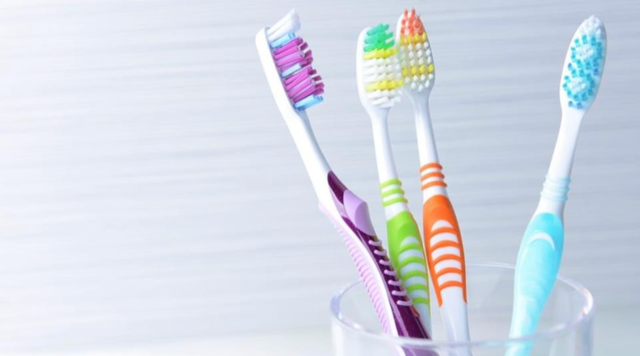The Importance of Flossing

Dental Implants
September 17, 2021
Teeth Whitening for a Brighter Smile
February 13, 2022Five Reasons Flossing Is Important
A New Orleans dentist in 1819 recommended using a piece of silk to clean between teeth to his patients. Dr. Levi Parmly urged this early method of dental flossing because he believed it to be the most essential part of effective home oral care. However, dental floss was not commercially available for another sixty years. Johnson and Johnson first patented floss in 1898. They began selling floss made from the same material as silk stitches used by surgeons.
Unfortunately, the past one hundred years have not seen most people adopt Dr. Parmly’s enthusiasm for cleaning between their teeth. According to the American Dental Association, only 16% of people floss their teeth daily. Regrettably, the consequences of this small number are seen every day in dental offices. Below are five reasons to make flossing a part of your daily oral hygiene program.
1. Flossing Helps Prevent Gum Disease
The leading cause of tooth loss in adults is periodontal disease. Fortunately, this advanced form of gum disease is preventable with the adoption of a few good habits. Each of these habits helps you remove dental plaque, the cause of gum disease, from your teeth. Plaque is a sticky film containing harmful bacteria that forms when food combines with the normal bacteria in your mouth.
Each day plaque forms in everyone’s mouth and sticks to the teeth until it is removed. While toothbrushing can clean three of the five sides of a tooth, the sides of a tooth require flossing to remove plaque. If plaque remains on these surfaces between your teeth, gum inflammation can begin in just a few days.
Inflamed gums cause bleeding, gum recession, bone loss, loose teeth, and eventually loss of teeth. However, these three simple habits can help keep your teeth free from plaque and prevent gum disease from starting:
- Brush your teeth twice daily. Use a soft-bristled toothbrush and brush for approximately two minutes.
- Floss with the proper technique at least once each day.
- Have regular dental checkups and professional teeth cleaning.
2. Flossing Helps Prevent Tooth Decay
The same plaque that can inflame your gums can also cause a cavity to form in your tooth’s enamel. Once plaque starts accumulating on a tooth, it uses sugars and starches in the foods and drinks you consume to form acids. The sticky plaque full of harmful acid starts forming a hole in your tooth that eventually breaks through the enamel into the softer parts of your tooth. When the cavity isn’t treated early, it can cause pain, infection, and possible extraction of the tooth. The best way to fight tooth decay from forming between your teeth is flossing.
3. Flossing Helps Keep Your Smile Bright
Many products and professional dental services are now available to help whiten your teeth and give you a bright smile. Just like toothbrushing plays its role in maintaining whiter and brighter teeth, flossing also contributes in several ways, such as:
- Removing the yellow plaque from between teeth.
- Preventing cavities that discolor the areas between teeth.
- Removing surface stains causes by certain foods and drinks such as coffee and berries.
- Helping prevent red, swollen gums that hinder a bright smile.
4. Flossing Helps Keep Your Breath Fresh
Bacteria not only harm your gums and dental enamel but can also cause bad breath. No matter how well you brush and floss, you likely miss at least one or two places in your mouth. This is usually due to difficulty in reaching some areas with floss. In addition to being susceptible to tooth decay and gum disease, these hard-to-reach areas can be the source of bad breath. This is another reason to have regular dental checkups and professional teeth cleaning.
5. Flossing Helps Keep You Healthy
Mainstream media has started reporting on recent research findings that show a link between gum disease and serious medical conditions. This article [ link: https://www.cnn.com/2021/07/08/health/flossing-tooth-loss-cognitive-decline-wellness/index.html ] encourages readers to floss regularly for a healthy brain and to help prevent dementia. Dental plaque and gum disease have also been linked to heart disease, diabetes, rheumatoid arthritis, and other health issues. While we need more studies on all of these, we know with certainty that flossing is vital to maintaining excellent oral health.
How We Can Help You
We hope you are in the minority of those who floss every day. Regardless, now is a great time to learn the proper flossing technique. We can teach you how to keep plaque off the most difficult areas of your mouth to reach and get you off to a great start with a professional teeth cleaning.




